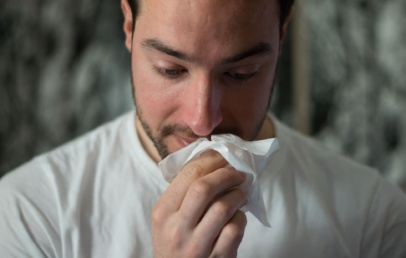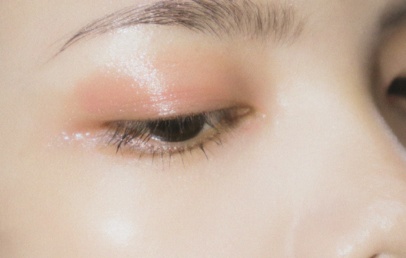
Alopecia can be a challenging condition to cope with, as it results in hair loss. While there is no one-size-fits-all solution, there are some hair care techniques and tips that may help individuals struggling with alopecia manage their condition and promote hair health. Here are three hair care techniques that may be beneficial:
Gentle Hair Care
When you have alopecia, it’s essential to treat your remaining hair gently to prevent further damage. Here are some tips:
- Use a mild, sulfate-free shampoo and conditioner. Sulfates can be harsh on hair and scalp.
- Avoid excessive heat styling, tight hairstyles, and aggressive brushing or combing.
- Be careful when towel-drying your hair; pat it dry instead of rubbing vigorously.
- Use a wide-tooth comb or a soft-bristle brush to detangle your hair without causing too much stress on the follicles.
Scalp Care
A healthy scalp can promote hair growth. Here’s how to take care of your scalp:
- Consider using products specifically designed to promote a healthy scalp, such as medicated shampoos or those containing ingredients like ketoconazole, salicylic acid, or tea tree oil. These can help with dandruff and inflammation.
- Gently massage your scalp with your fingertips regularly to stimulate blood circulation and encourage hair growth.
- Protect your scalp from the sun by wearing a hat or using sunscreen to prevent sunburn, which can be harmful to hair follicles.
Diet and Nutrition
What you eat can have a significant impact on your hair health. Consider the following dietary tips:
- Consume a balanced diet rich in essential nutrients, such as biotin, iron, zinc, and vitamins A, C, and D. These nutrients are important for hair health and growth.
- Stay hydrated by drinking plenty of water, as dehydration can affect the health of your hair and scalp.
- Consult with a healthcare provider or nutritionist to ensure you are getting the right nutrients and consider supplements if necessary.
Remember that alopecia can have various causes and types, so what works for one person may not work for another. It’s crucial to consult with a dermatologist or healthcare professional to determine the underlying cause of your hair loss and develop a personalized treatment plan.




